A hygrometer is a device that measures the amount of moisture in the air. It can also take more specific readings, such as dew-point temperature or relative humidity.
Hygrometers cover a range of applications across multiple industries, including agriculture,
Types of hygrometers available today
The first hygrometer was invented by somebody you might be familiar with—famous inventor Leonardo da Vinci. He created the first crude model of the hygrometer in the late 1400s, which physician Francesco Folli improved upon in 1664. The first modern hygrometer was invented by Johann Lambert, a Swiss polymath, in 1755.
Today, various basic and specialised hygrometers are available on the market, each serving different applications and industries. Some common varieties you might come across include:
- Capacitive hygrometers
- Psychrometers
- Chilled mirror dew-point hygrometers
- Gravimetric hygrometer
- Optical hygrometers
- Resistive hygrometers
- Thermal hygrometers
- Hygrometer smartphone apps
Hygrometers also offer different features and benefits depending on the make and model. For example, the devices can range significantly in accuracy, with humidity measurement accuracy ranging from ±2.5$RH to ±5%RH.
Common industry applications of hygrometers
Now, let’s dive into some of the most popular industry and commercial applications of hygrometers. You might be surprised at the range of operations they cover!
You’re likely to find hygrometers in industries such as:
- Agriculture, to maintain humidity levels in greenhouses and other internal spaces such as incubators,
- Lab environments,
- Firefighting, to lower relative humidity,
- Humidity control in commercial buildings,
- The coating industry, to prevent paint and other coatings from reacting badly to the surrounding environment.
Regardless of your industry, you’ll want to choose a hygrometer that meets your specific needs. Your choice could depend on several factors, including whether you need to measure absolute or relative humidity, whether a dew-point measurement is relevant, and how accurate your measurements need to be.
Choosing the right hygrometer for your application
Hygrometers cover a large range of applications across industrial and commercial spaces. Depending on your application, you might want to choose a specific type of hygrometer to achieve the best result.
For example, in the coating industry, hygrometers that can measure dew-point temperature and relative humidity accurately are essential. This is because coatings like paint and primers can be sensitive to these conditions. An optical hygrometer is a smart choice for such an application.
Capacitive hygrometers are a great choice for applications where space, cost, and fragility are serious concerns. While these types of hygrometers are less accurate than other models, they are resistant to temporarily high temperatures and environmental effects like condensation.
Chilled mirror dew-point hygrometers or spectroscopic chilled-mirror hygrometers are modern inventions. These instruments provide reliable, highly accurate measurements over an extended period, making them an excellent choice for a range of industrial applications.
Chilled-mirror hygrometers are best for applications such as:
- Metrology
- Environmental testing
- Moisture-sensitive manufacturing
- Contaminated environments
Some final words
Hygrometers are essential tools for maintaining appropriate moisture, humidity, and dew-point temperature levels across a range of commercial and industrial applications. Understanding the different hygrometer types and their uses can help you make more informed decisions when investing in new tools for your business.


















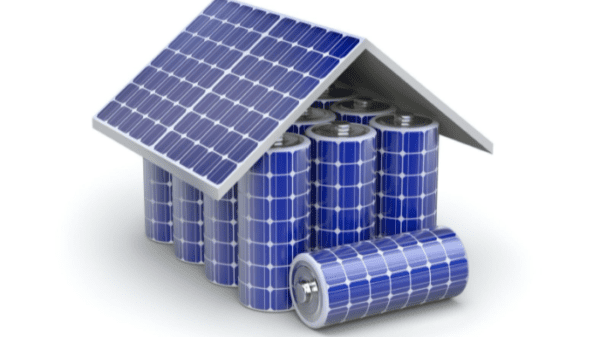
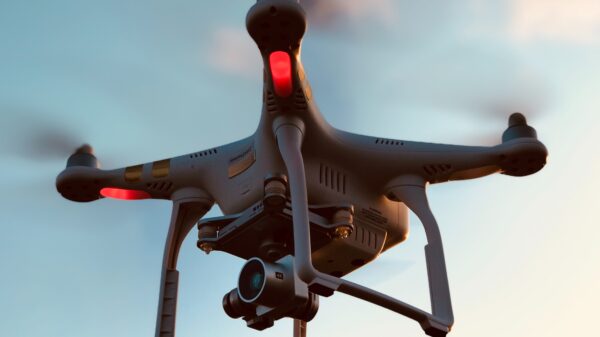







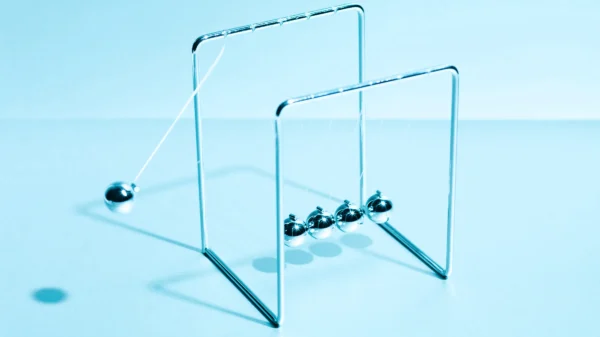

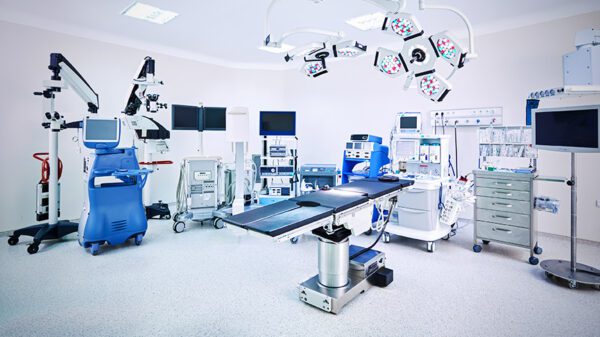




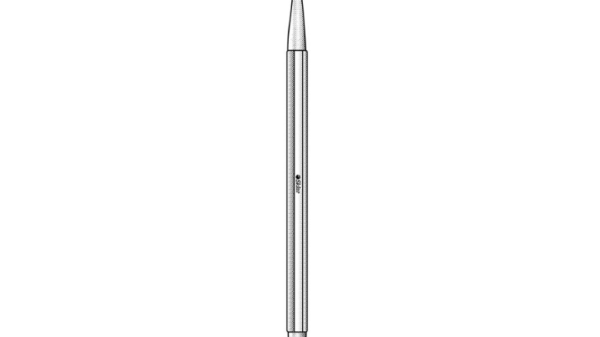


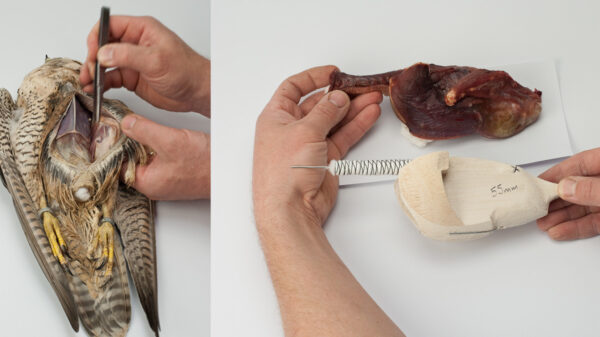

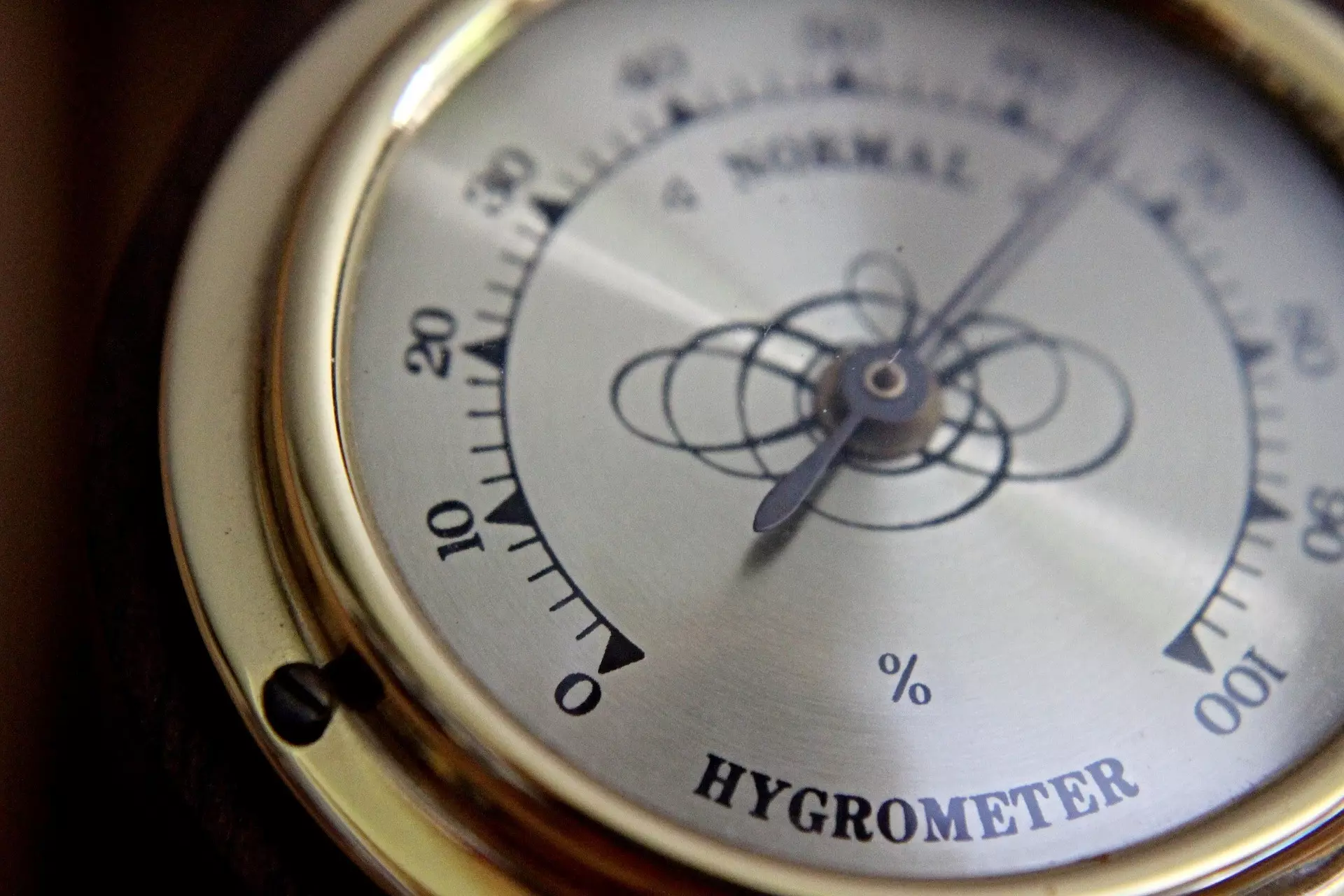









You must be logged in to post a comment Login